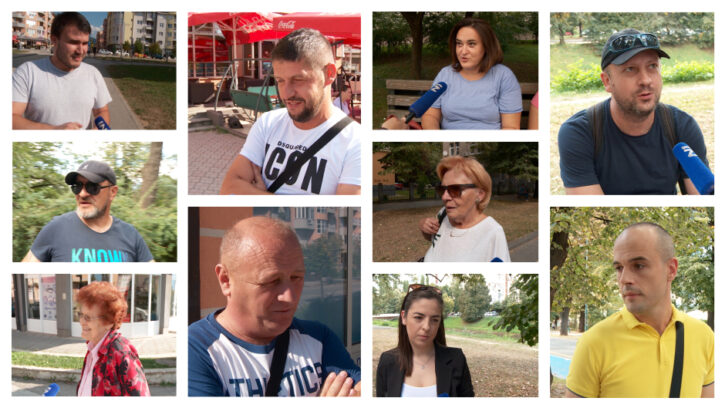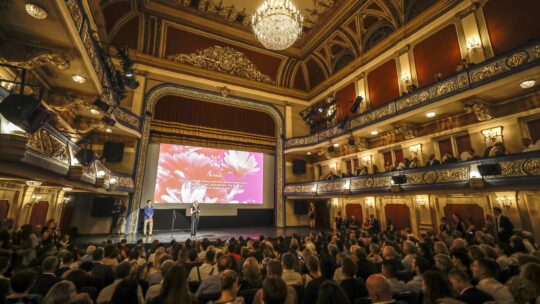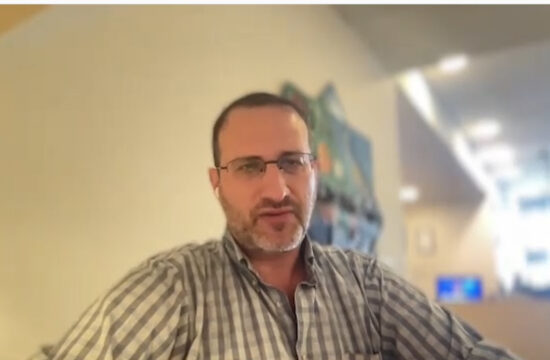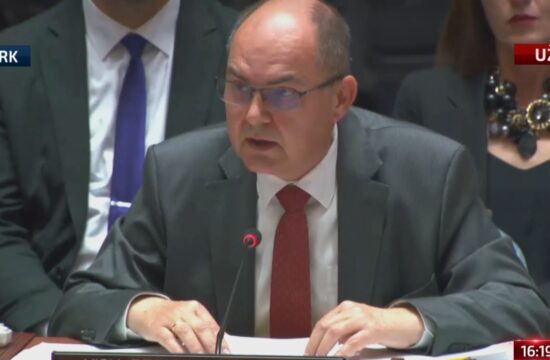
With all the political turbulences Bosnia is facing just ahead of the general election, citizens should know for whom, or at least for what part of government they will be voting. However, based on the answers citizens gave to N1, it seems that they live in a completely different reality.
Citizens will on October 7 elect three members of the countries Presidency (Bosniak, Croat and Serb), lawmakers to the state parliament and to the parliaments of the two semi-autonomous entities in the country, the President and Vice-President of the Serb-dominated entity Republika Srpska (RS), and the representatives in the assemblies of the Federation (FBiH), the Croat-Bosniak majority territorial entity.
The election campaign is already in full swing, and with so much at stake, citizens should have an idea of how much they will be influencing their own future with their votes in order to make an informed decision.
But even those who told N1 they will vote said that they do not fully understand what exactly they are voting for.
Others, it seems, will have other things to do on election day.
N1 went to Eastern Sarajevo, the RS part of the city, to check what locals know about their civic duty.
N1: Will you vote?
“No. I don’t know who I would vote for.”
N1: Do you think there is a need for change, or are you satisfied with the existing situation?
“I think there is a need for change”
“No. I have no one to vote for”
“No. I don’t want to”
N1: Do you know which competencies the Serb Presidency member has?
“I don’t know, my son. Grandma doesn’t know. I don’t understand that so much.”
“I really don’t know”
“Competencies are the same for everyone on paper, it all depends on who will manage to get by.”
N1: If you see some irregularity at the election, do you know who to report it to?
“I have no idea.”
Citizens in the other part of Sarajevo, in the Federation (FBiH), were asked as well.
N1: Will you vote?
“No, because I have never voted.”
“No. Nothing will change.”
“Of course I will. We should have that much awareness.”
N1: Which positions are being voted for?
“Well… the Council of Ministers, right? We elect the Parliament… the House of Peoples and the House of Representatives… the Federation Prime Minister…”
N1: Who is part of the executive branch of government in Bosnia and Herzegovina, and who is part of the legislative branch?
“In the legislative, it is the court, in the executive… haha.”
N1: Do you know in what way the President of the Federation of Bosnia and Herzegovina is elected?
“Well it says on the ballots, but now for me to tell you, I don’t know.”
N1: And how are the lawmakers in the House of the Peoples within the state Parliament and the House of Peoples of the Federation Parliament elected?
“Again, I tell you, I just look at those ballots at the site.”
N1: Do you know which institutions in Bosnia make the laws and confirms the budget?
“No.”
N1: Do you know of even one law that was made by the Bosnian Parliament?
“I don’t follow that really much.”
“I have no idea, I don’t even know who the president is, not to mention something else…”
N1: Do you, as a citizen, have a right to look at the electoral roll?
“I don’t know if I have the right. I get informed from these pamphlets.”
N1: If you come across irregularities at the voting station, can you complain to someone?
“I have not thought about that.”
Political analyst Enver Kazaz told N1 where he thinks this apathy comes from.
“It is important to point out that the apathy of the citizens is a result of the continuous efforts by those in power to keep them uneducated about the political system, so they cannot recognize the terribly complex system of government in Bosnia and Herzegovina, all of its levels,” he said.
“The Government usually says that all political parties are the same and hides the differences in their ideologies. Such a stance usually pushes citizens away from voting,” he added.
Citizens can report any election irregularities to the Central Election Commission (CIK).




